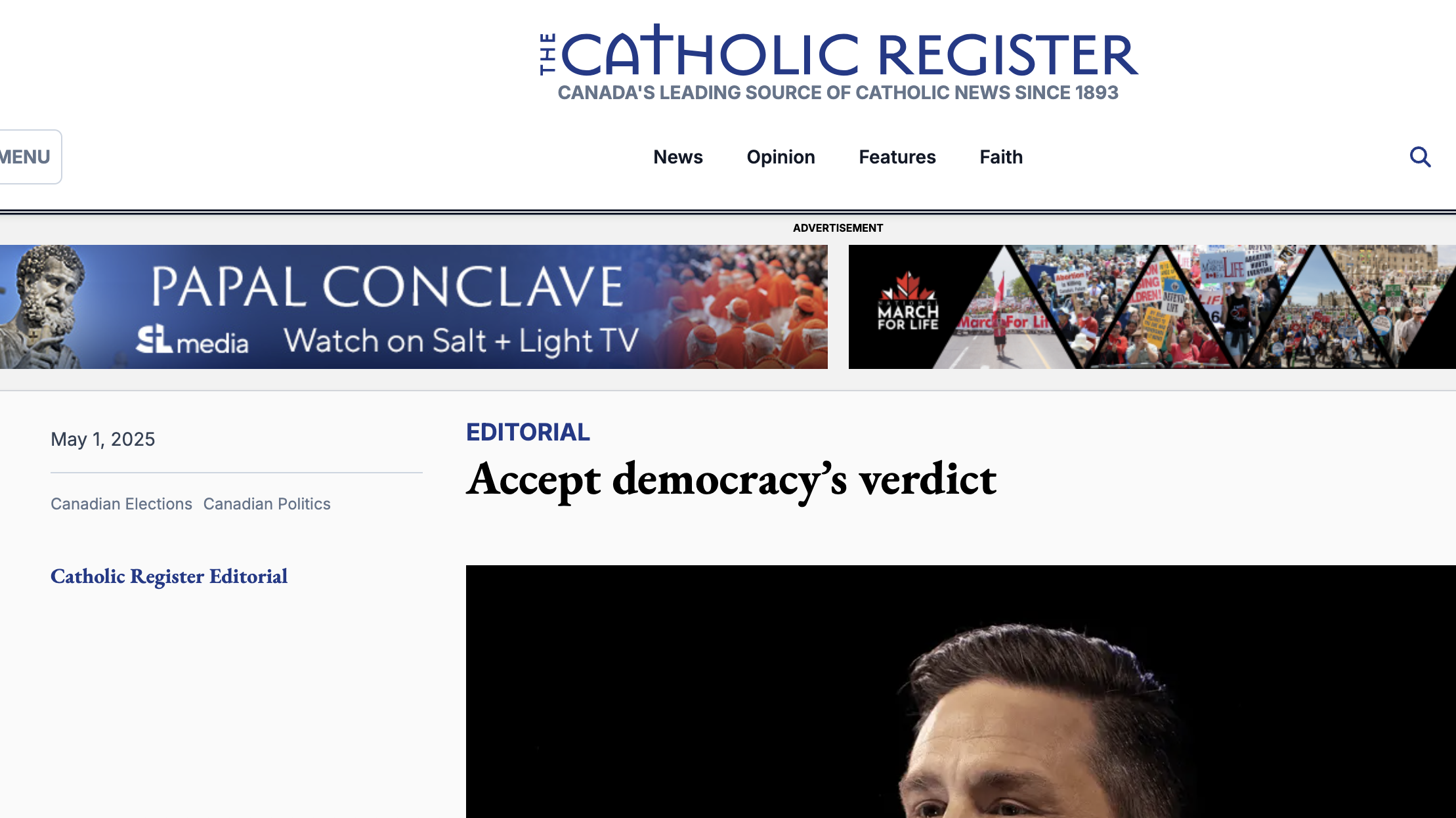Which leads a voter in both constituencies to wonder about the future of democracy. Steven Levitsky and Daniel Ziblatt brought this topic up last year in their thought-provoking book “How Democracies Die”. The two are professors of government at Harvard University, eminently qualified to address the issue. They have spent more than twenty years studying the breakdown of democracies in Latin America and Europe. With the book they outline the reasons why they believe democracy is in danger.
The professors understandably focus mostly on the Trump presidency, noting the slow, steady weakening of critical institutions. Most notably, in the case of the US the press and the judiciary. They provide numerous examples of the gradual erosion of long-standing political norms. It is one thing to express a personal opinion (such as Raud’s) in print. It is, however, frightening to see this taking place in Congress, Parliament, and Riigikogu.
Levitsky and Ziblatt provide some hope in noting that there are exit ramps on the road to authoritarianism. Alas, they believe that with Americans electing Trump to the White House the first exit has been passed.
The scholarly work is based on a wide range of historical and global examples from 1930-s Europe (Estonia’s right-wing “vapsid” qualify) to the present day. Notable in 2019 are Turkey, Venezuela and Hungary where democracy is simply a word, an authoritarian if not totalitarian leader runs the show, the people are fearfully on the sidelines. Certainly this is not yet the case in Estonia or Canada. But the rhetoric bandied about by politicians and the mainstream media can be frightening.
It must be emphasized that “How Democracies Die” was written by Americans for Americans. The rest of the world would do well to consider how the authors demonstrate the demise of freedoms, principles. And, in the American case, how democracy might be saved.
At the heart of the problem are the rigid ideological differences between parties. Why else is EKRE maligned in Estonia, what other reason for the cleavage in the Canadian polity than rigidity? Economic inequality – a global problem, as in it exists in every country – can be polarizing, or depolarizing, depending on how they are addressed. Here one only needs to look at the Ontario Conservative government. While it is impossible to continue on the path started by the spend-happy Liberals the extreme opposite position is not the answer either.
The Ontario Conservatives are yet more proof of the teetering state of democracy. Voted in as expected agents of change the Doug Ford government has instead acted on issues that they never campaigned on. The voter certainly did not expect, or want this. Or consider Great Britain and Brexit. The people wish to leave the European Union. Entrenched politicians do not care. And so, ironically, EU leaders are seizing control of the Brexit process. The democratic ideal in Europe feels more fragile than it has for a very long time.
Levitsky and Ziblatt’s message is essentially that egalitarianism, civility, and sense of freedom and shared purpose were the essence of mid-twentieth-century American democracy. They find that today that vision is under assault. The professors argue for inclusivity, re-establishment of these norms. It is the challenge for Americans. It is also their opportunity.
The American argument does not truly apply to either Canada or Estonia. But to be aware of these challenges, the need for civility, political equality rather than ugly name-calling, is a necessary step on the path to returning to a vibrant and healthy democratic system in both countries.
Tõnu Naelapea, Toronto



